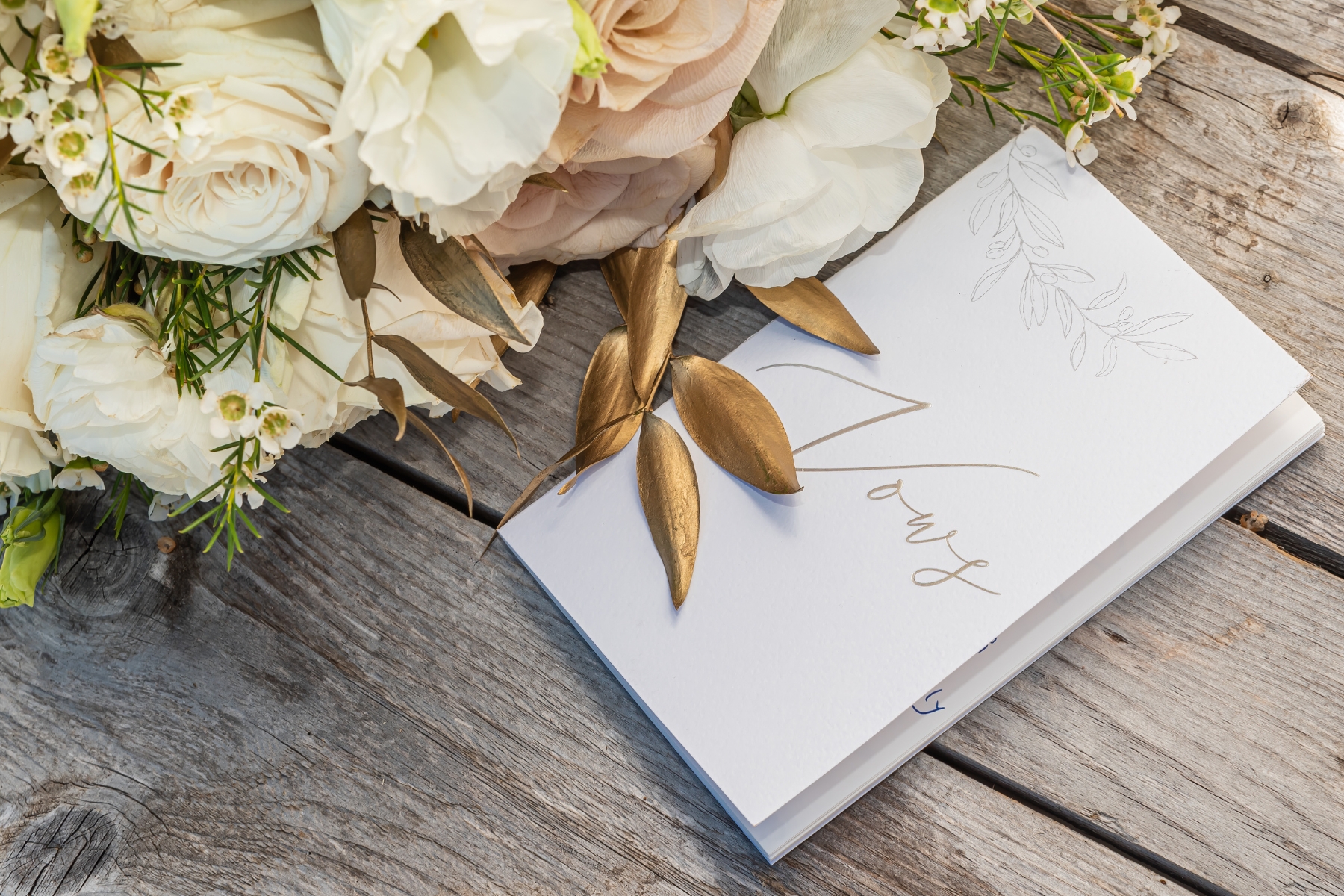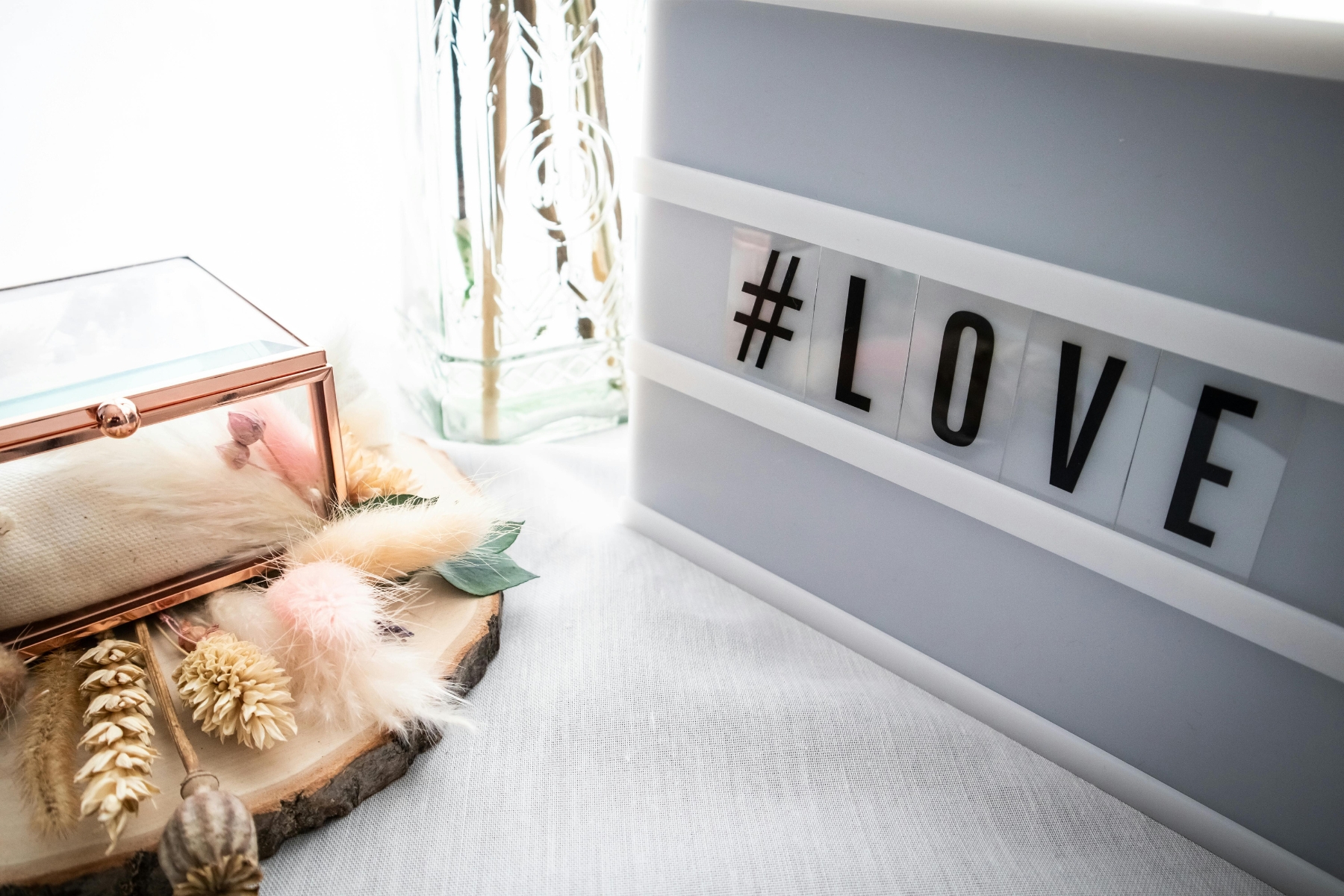Let’s be real: wedding tipping etiquette is confusing. You’re already spending a lot of money, so when people start talking about envelopes of cash and percentages and who “deserves” what… it can feel like one more overwhelming decision. But here’s the truth: tipping is more than just tradition—it’s a gesture of gratitude, a way to say “thank you” to the team that brought your wedding to life.
We recently chatted with seasoned Brooklyn-based wedding planner Camille Plummer of JunePlumm Events on Hue I Do podcast about tipping your wedding vendors. With over 15 years of experience and countless weddings under her belt, Camille has seen it all—including some of the most common (and honestly, avoidable) tipping mistakes brides make.
If you’re planning your wedding, or know someone who is, take notes. Here are five wedding vendor tipping mistakes Camille says you should definitely avoid—plus how to get it right.
Forgetting to Tip Key Vendors—Especially the Ones You Don’t See
Let’s start with the biggest offense: not tipping vendors who were instrumental in making your day run smoothly, simply because they weren’t front and center.
According to Camille, “The floral team, delivery staff, even raw space venue managers—they often get overlooked because the couple didn’t interact with them as much the day-of. But that doesn’t mean they didn’t show up and show out.”
Your wedding planner may be handing out tips at the end of the night, but if they don’t have envelopes for everyone, someone’s going to feel slighted. Camille emphasized that wedding planners themselves are frequently forgotten, even though they’re typically the ones handing out the tips.
How to avoid it: Make a list of every vendor involved in your day—even the ones working behind the scenes. Ask your planner or coordinator who should be considered for a tip. It’s better to over-prepare than under-tip.
Waiting Until After the Wedding to Decide If You’ll Tip
A lot of couples think they’ll “see how it goes” before they decide who to tip and how much. But that mindset can lead to missed opportunities, added stress, and awkward moments—especially if you’re scrambling to find cash on your honeymoon or avoiding emails from vendors wondering where their envelope is. (Yes, some will reach out.)
Camille suggests building tipping into your budget from the very beginning. “If you know that’s something you want to do,” she says, “start planning for it upfront. Don’t wait until the week of to figure it out.”
How to avoid it: Just like you set aside money for flowers and catering, set aside a tipping fund. Keep it flexible, but realistic. Planning for gratuity from the start helps ease the financial burden later.
Tipping Too Soon—Before You’ve Received What You Paid For
This one’s tricky. Let’s say your photographer was amazing the day-of, but you haven’t seen a single edited image yet. Do you tip at the wedding or wait?
Camille recommends a flexible approach. “Some couples tip a portion up front and send another tip—or a thoughtful gift—after they receive the final product. Others wait until they get their photos or video and are happy with the result. It depends on what matters most to you: the process or the product.”
How to avoid it: Don’t feel pressured to tip everyone on the wedding night. If a vendor’s work continues after the big day (like photographers, videographers, or dress preservers), it’s perfectly okay to follow up with a tip, glowing review, or thank-you note later.
Not Having the Envelopes Ready—or Forgetting Them Altogether
The last thing you want to do is be running around in your gown trying to find a bridesmaid with cash or realize the tip envelopes are still sitting in a hotel room across town.
“It happens more than you think,” Camille shared. “One of the best things a couple can do is give the envelopes to their planner or a trusted person in advance. We can distribute them quietly throughout the night so it’s off your plate.”
How to avoid it: Prepare labeled envelopes ahead of time. Include a small buffer of extra cash for unexpected moments or MVP vendors who go above and beyond. Pro tip: Carry small bills so you can easily adjust amounts if needed.
Assuming a “Service Charge” or Gratuity Is Already Included
That 20% service charge on your catering invoice? It might not be a tip. A lot of couples assume they’ve already covered gratuity, but Camille urges brides to read the fine print.
“Service charges often go to the venue or company—not necessarily to the staff working your wedding. If you want to ensure your servers, bridal attendants, or maitre d’ are tipped, clarify where that money is going.”
And if you’re working with a vendor who includes gratuity automatically? That’s not a red flag—as long as they’re transparent about it. “I’d rather you tell me upfront, call it a labor fee or admin fee. But don’t come two weeks later and say, ‘We’re charging you now because you didn’t tip.’ That’s wild.”
How to avoid it: Ask every vendor what’s included in their service fee. If gratuity isn’t already part of it, build it into your tipping plan. If it is, great—just confirm who’s receiving what. You still might need to save a little more for any staff they might not include.
Bonus Tip: Alternatives to Tipping When Money’s Tight
Can’t afford to tip everyone? You’re not alone. Weddings are expensive, and sometimes couples truly don’t have it. But that doesn’t mean you can’t show appreciation.
Camille’s suggestions:
-
Leave a detailed, heartfelt review online.
-
Refer them to other brides.
-
Send a personalized thank-you note or gift card.
-
Give thoughtful, useful gifts—like a vendor-specific item they’d use on the job.
“Some of the best gifts I’ve received have been personal and practical,” Camille shared. “One bride gave me a collapsible rolling bin I’d been eyeing for months. I still use it at every wedding.”
Final Thoughts
Tipping your wedding vendors shouldn’t be stressful, confusing, or left until the last minute. Think of it as one more way to create good wedding karma—and build lasting relationships with the people who helped make your day magical.
Plan ahead. Be intentional. And remember: a little appreciation goes a long way.





